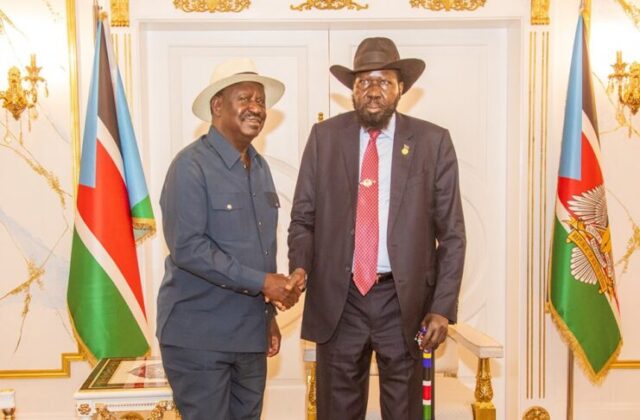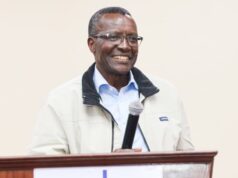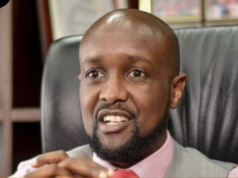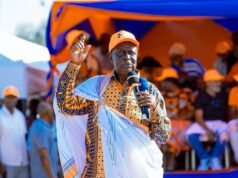- Raila Odinga was denied access to South Sudan’s First Vice President Riek Machar, who is under house arrest.
- President Salva Kiir instead advised Raila to meet Ugandan President Yoweri Museveni.
- Kiir cited ongoing investigations into the killing of a general and ten others as the reason for Machar’s detention.
- Raila later met Museveni and agreed to return to Juba for further discussions.
- He plans to brief President Ruto, Ethiopian PM Abiy Ahmed, and Djibouti’s President Guelleh.
- Ruto has initiated diplomatic efforts to address Machar’s arrest.
Former Kenyan Prime Minister Raila Odinga has revealed that he was denied permission to speak with South Sudan’s First Vice President Riek Machar, who was placed under house arrest. Raila, who was in Juba, was advised by President Salva Kiir to meet Uganda’s President Yoweri Museveni instead.
Machar’s House Arrest and Ongoing Investigations
According to President Kiir, Machar was detained following the killing of a general and ten others in the town of Nasir, Upper Nile. South Sudanese authorities claim the detention is part of an ongoing investigation into the incident. On March 26, heavily armed forces raided Machar’s residence, disarmed his bodyguards, and placed him under house arrest.
Raila’s Regional Engagements
After being denied access to Machar, Raila traveled to Uganda and briefed President Museveni on the situation in South Sudan. They discussed the crisis at length, and Museveni promised to speak with Kiir. Raila also emphasized that South Sudan’s stability is crucial and requires international intervention. He plans to brief President William Ruto, Ethiopian Prime Minister Abiy Ahmed, and Djibouti’s President Ismail Omar Guelleh.
Ruto’s Diplomatic Efforts
On March 27, President Ruto announced that Kenya had initiated diplomatic talks to address Machar’s detention, highlighting the need for stability in the region. The longstanding tensions between Machar and Kiir, dating back to their 2013 fallout, continue to fuel political instability in South Sudan.
This unfolding situation signals growing concerns over governance and peace efforts in the war-torn nation.








